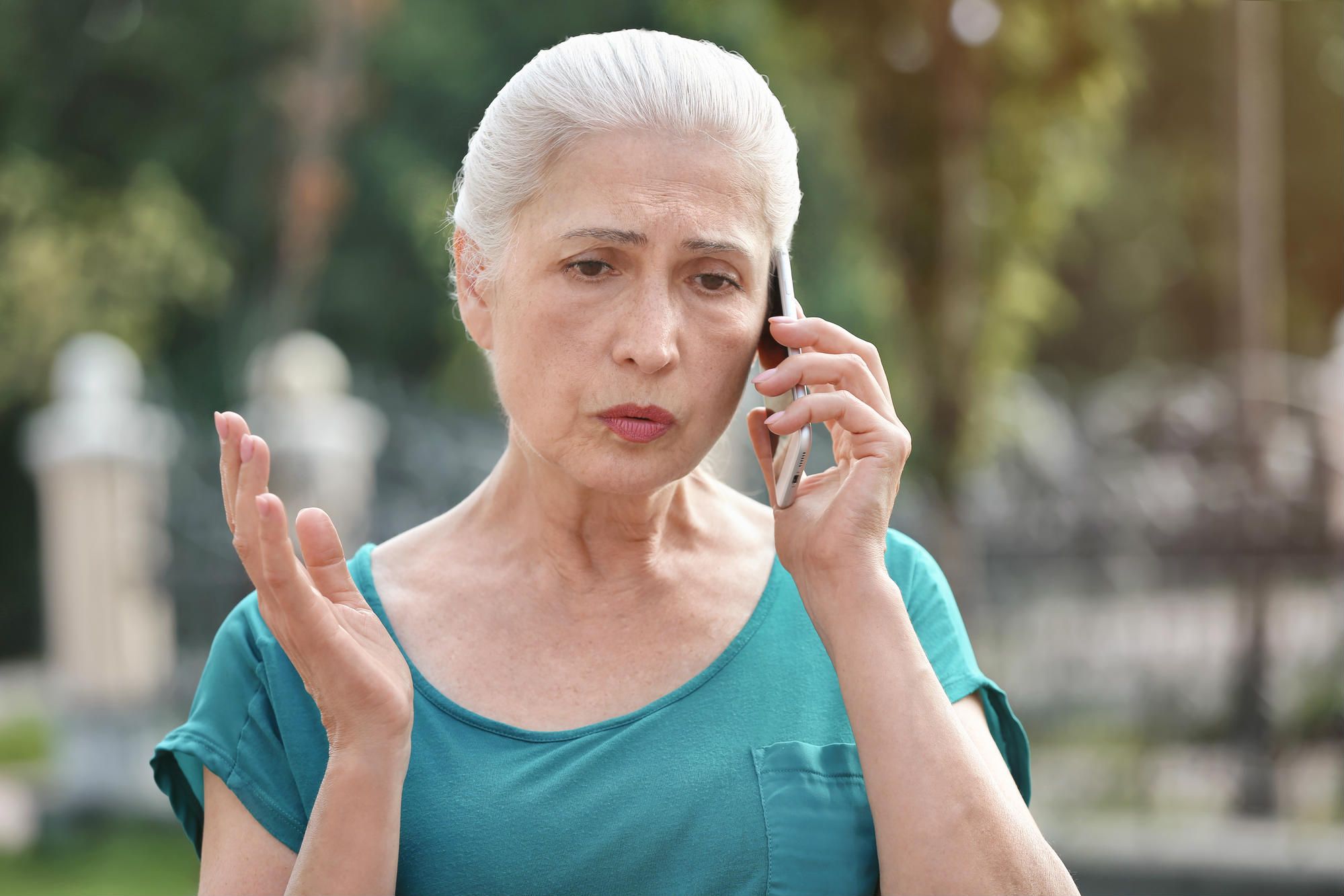Top Class Actions’s website and social media posts use affiliate links. If you make a purchase using such links, we may receive a commission, but it will not result in any additional charges to you. Please review our Affiliate Link Disclosure for more information.
Due to an uptick in coronavirus-related robocalls, the Federal Communications Commission has released a public notice clarifying whether or not these calls are in violation of the law.
FCC Releases Notice Regarding Coronavirus Robocalls
According to reports from consumers, scam artists may be using the coronavirus pandemic as a way to steal money from scared civilians. These scam artists are allegedly preying on the fear and panic caused by the global pandemic in an attempt to make a profit. Additionally, these messages may be in violation of federal law if they are made using a pre-recorded message, or sent via an autodialing service.
The FCC released transcripts and audio clip examples of several calls and text messages from covid scams. According to these clips, scam artists may be sending calls, text messages, or voicemails to consumers, advertising at-home coronavirus test kits, phony cures for the virus, HVAC cleanings, and coronavirus health insurance.
Other text message scams that have been reported include texts that appear to come from neighbors, claiming that the government is about to institute a mandatory lock-down and the recipient should go out to purchase supplies, or texts that claim to be from the U.S. Department of Health and Human Safety that include links for mandatory coronavirus testing.
One scam that specifically targets people with diabetes, who are at a higher risk for complications due to the coronavirus, offers a free coronavirus test kit along with a diabetic monitor. According to the FCC and the National Security Council, these text messages and phone calls are fake, and consumers are advised not to click on any link sent from a suspicious number.
Other types of coronavirus-related scams that have been reported to the FCC include work-from-home job offers, student loan repayment plans, debt consolidation offers, and small business loan offers.
The scammers behind these fraudulent phone calls may be hoping that consumers are too panicked to realize that the offers of coronavirus cures or testing are fake until they have already handed over their credit card information. The World Health Organization recently issued a warning regarding these calls, and urged consumers to be wary of potential criminals attempting to take advantage of them during this time.
Are Coronavirus Robocalls Illegal?
Most coronavirus robocalls are probably illegal. Robocalls that are made to consumers who have not given their prior consent are in violation of the Telephone Consumer Protection Act, a federal law protecting consumers from being harassed by unsolicited phone calls.

While most coronavirus-related robocalls are scams, there are some instances in which unsolicited phone calls regarding the coronavirus may be legal.
According to the FCC, health care institutions and state and local governments may send unsolicited text messages or phone calls regarding the coronavirus, as long as these messages are purely informative and are not meant to solicit business. Unsolicited calls and texts may also be made for emergency purposes by entities including hospitals, health care providers, and government officials. In order to comply with the law, these calls must only communicate information about the virus, and may not attempt to persuade consumers to spend money or do business with the caller.
If you have received coronavirus scam calls, there are apps for blocking robocalls. You may also be eligible to hire an experienced attorney to review your case and determine whether you qualify to file a lawsuit against the robocallers. Victims of TCPA violations may be eligible to receive between $500 and $1,500 for each violation.
Join a Free TCPA Class Action Lawsuit Investigation
If you were contacted on your cell phone by a company via an unsolicited text message (text spam) or prerecorded voice message (robocall), you may be eligible for compensation under the Telephone Consumer Protection Act.
This article is not legal advice. It is presented
for informational purposes only.
ATTORNEY ADVERTISING
Top Class Actions is a Proud Member of the American Bar Association
LEGAL INFORMATION IS NOT LEGAL ADVICE
Top Class Actions Legal Statement
©2008 – 2024 Top Class Actions® LLC
Various Trademarks held by their respective owners
This website is not intended for viewing or usage by European Union citizens.
















3 thoughts onFCC Warns Illegal Coronavirus Robocalls Are On the Rise
Since Covid-19, I am receiving a lot of spam texts & Robo calls during this stressful crisis we are in.
It won’t stop with me what they are texting me & calling me. I am stressed with whom ever is behind all of this!!
Please add me
Add me